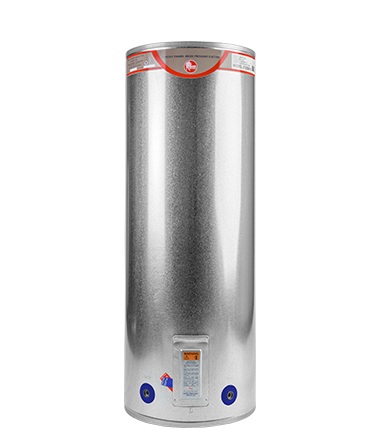Solar Water Heaters and Energy Efficiency: Everything You Need to Know
Solar water heaters are an increasingly popular option for eco-conscious homeowners looking to reduce energy consumption and lower utility bills. By harnessing the power of the sun, these systems provide hot water efficiently while decreasing reliance on traditional energy sources. If you're considering a solar water heater for your home, here's everything you need to know about their functionality, benefits, and considerations.
How Solar Water Heaters Work
Solar water heaters use solar energy to heat water for household use. The system typically includes:
1. Solar Collectors: These panels absorb sunlight and transfer the heat to a working fluid, usually water or an antifreeze solution.
2. Storage Tanks: Heated water is stored in insulated tanks for later use.
3. Circulation Systems: Active systems use pumps to move water through the collectors, while passive systems rely on natural circulation driven by gravity.
Some systems include backup heaters to ensure a continuous hot water supply during cloudy days or high-demand periods.
Energy Efficiency of Solar Water Heaters
Solar water heaters are highly energy-efficient because they use a renewable energy source—the sun. Here’s how they contribute to energy savings:
• Reduced Energy Consumption: Solar water heaters significantly decrease the need for electricity or gas to heat water, cutting down on household energy usage.
• Lower Carbon Footprint: By using solar energy, these systems reduce greenhouse gas emissions compared to conventional water heaters.
• Cost Savings: Although the initial investment is higher, the reduced utility bills often offset the cost over time.
The efficiency of a solar water heater depends on factors such as the system type, installation quality, and climate conditions.
Types of Solar Water Heaters
1. Active Systems:
o Use pumps and controllers to circulate the heat-transfer fluid.
o Ideal for areas with frequent sunlight.
2. Passive Systems:
o Simpler and less expensive but less efficient.
o Suitable for moderate climates and low-demand households.
3. Direct Systems:
o Heat water directly in the collectors.
o Work best in regions where freezing temperatures are rare.
4. Indirect Systems:
o Use a heat exchanger to warm the water, making them effective in colder climates.
Advantages of Solar Water Heaters
• Environmentally Friendly: Solar water heaters rely on clean, renewable energy, reducing your home’s environmental impact.
• Long-Term Savings: Despite a higher upfront cost, the system pays for itself over time with reduced energy bills.
• Durability: Solar water heaters are built to last, with lifespans of 20+ years when properly maintained.
• Incentives and Rebates: Many regions offer tax credits or rebates for installing solar water heating systems, reducing the overall cost.
Considerations Before Installation
• Initial Investment: While solar water heaters save money in the long run, they require a significant upfront cost for equipment and installation.
• Roof Space and Orientation: Solar panels require sufficient roof space and optimal placement to capture sunlight effectively.
• Climate: Solar water heaters are most effective in areas with abundant sunshine. Supplemental systems may be needed in regions with extended cloudy periods.
• Maintenance: Periodic maintenance, such as cleaning collectors and checking pumps or valves, ensures the system operates efficiently.
Conclusion
Solar water heaters are an excellent choice for those seeking energy-efficient, environmentally friendly solutions for their hot water needs. By reducing energy usage and lowering utility costs, these systems offer long-term benefits that outweigh the initial investment. Whether you're motivated by financial savings, sustainability, or both, solar water heaters represent a smart, forward-thinking investment for your home.
Hot Water Solutions
3d Taid Place, Rosedale, Auckland
0800497658
info@hotwatersolutions.nz




Comments
Post a Comment